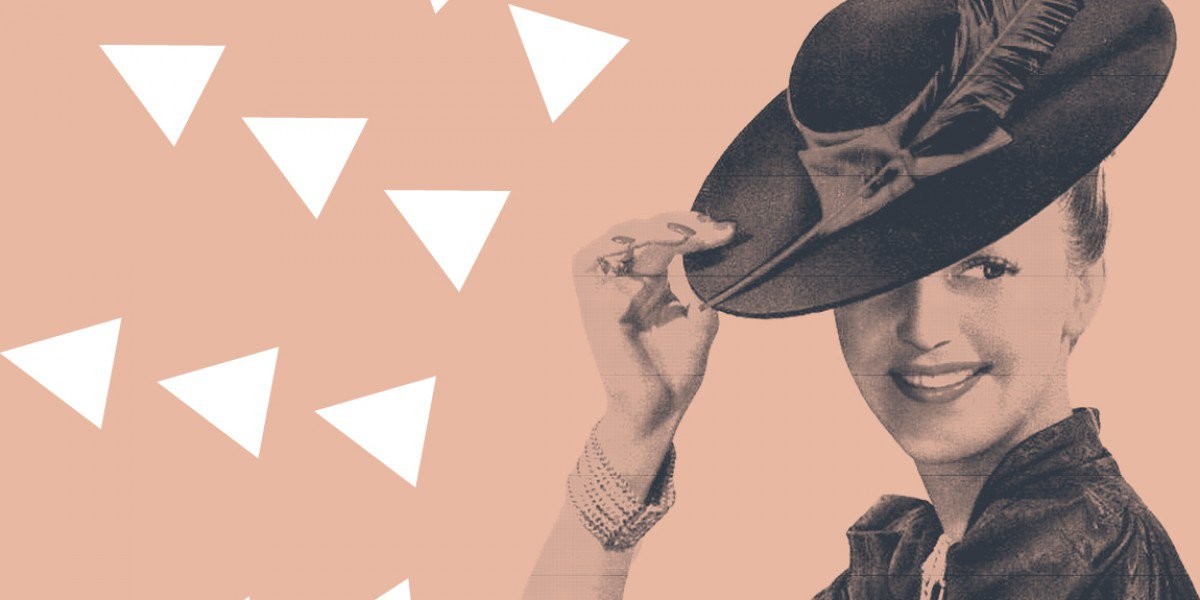
by Luca Scarlini
Short-sleeved stories, gaudy fairy tales, classic novels suitable for all seasons: in 2016, the Festival will explore the theme of fashion in Italian literature through an ad hoc library featuring events by Francesca Piani, Stefania Ricci, Elvira Seminara, Hans Tuzzi, a series of public readings by the Compagnia della Lettura and an atlas by Luca Scarlini, who explains the idea behind the project in this post.
LA BIBLIOTECA ELEGANTE [by Luca Scarlini]
Fashion is a fascinating and capricious creature, it relies on the present, provoking, playing, seducing and sometimes even hiding. In Italy, fashion is one of the driving forces behind the economy, yet we often underestimate its importance in culture and the exchange of ideas. La Biblioteca Elegante (The Elegant Library), created with the help of the Museo Ferragamo of Florence and the libraries of Mantua and the Biblioteca Nazionale Centrale of Florence, which provides rare materials, offered to the public in digital form, investigates a little explored theme: the presence of creating clothes, styles and ways of talking about and creating fashion in Italian literature, from the eighteenth century to the present day. There are some surprising names, including many of Italy's leading authors, including some predictable and unforeseen associations, from the Cronache mondane by the young Gabriele D'Annunzio and the provincial scenes of the stinging Sarto della stradalunga by Giuseppe Bonaviri to the classic Tra donne sole by Cesare Pavese, which was masterfully brought to the big screen by Michelangelo Antonioni with the title Le amiche. In a nutshell, a real constellation of stories, not forgetting the books written by those who helped create national trends, from the Calzolaio dei sogni by Salvatore Ferragamo to memoirs by Simonetta Colonna di Cesarò and Irene Galitzine, as well as the incredible achievements of Germana Marucelli, about whom Fernanda Pivano wrote in Le favole del ferro da stiro. There is also a collection of digital and physical volumes, a sequence of Italian songs, which talk about magical clothes, summer dresses, scandalous bikinis and all types of clothes that have made their mark on history. Amalia Guglielminetti talks about it at length in her magazine Le seduzioni, detailing the rulings from the Mayor of Verona in 1925 who banned knee-length skirts, a French import, which were seen as obscene and scandalous. There will be a number of presentations from the Compagnia della Lettura, split between talks for adults and children, drawing on the vast tradition of fairy tales that talk about magical clothes, but also garments that give an aura to those who wear them, such as in the delightful Luisa col vestito di carta, illustrated by Giosetta Fiorini. In sort, an amazing wardrobe of literature, often illustrated by the best artists, taken to the extreme by Giacomo Leoparsi, in his wonderful La moda e la morte. There will be the presentation of an Atlas dedicated to the theme, a type of conference/show featuring images, music and words, at the Teatro Bibiena, while the space/library will host events by Stefania Ricci, Elvira Seminara and Hans Tuzzi, as well as a reading for children by Francesca Piani based on Salvatore Ferragamo's stories.



